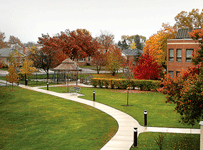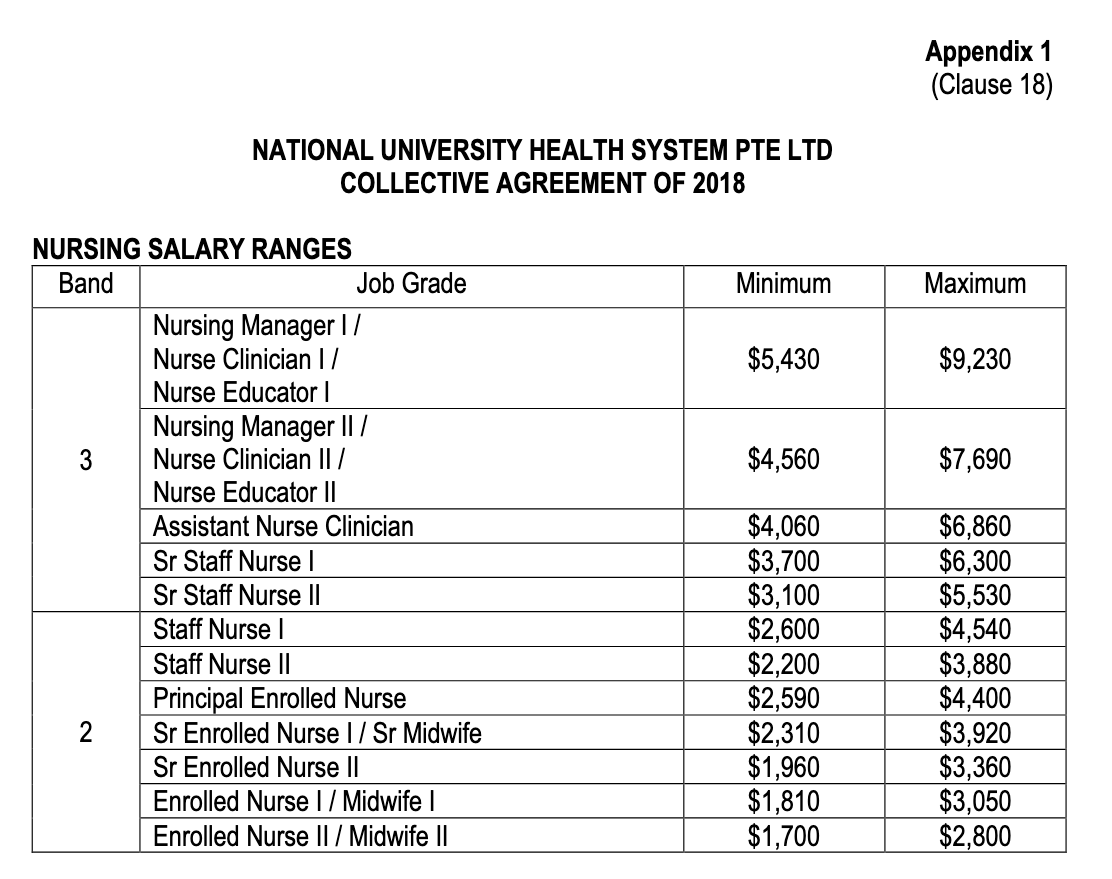
Effective communication with the elderly means making an effort to understand their needs and language. There are a few techniques that will help you accomplish your goal. For example, you can learn how not to use elderspeak or jargon and how to listen carefully to your elder. These tips will help you have a productive conversation with your loved one.
Avoid medical jargon
There are many reasons why it is important to avoid medical jargon when communicating directly with older patients. Older patients typically have a more difficult time understanding medical terms and may not be as familiar with medical jargon as younger patients. If possible, try to avoid using medical terms that are unfamiliar to the patient and explain the condition and treatment plan in a simple and straightforward way. To explain the information to the patient, it is helpful to use visual aids.
Older people may have limited health literacy, which can make it difficult to understand medical jargon. Research has shown that up to seventy percent of older adults have trouble reading or understanding printed materials. Use plain language, or an explanation of medical terms such as "medical terminology" to overcome these obstacles. You can also improve your comprehension by writing down key points.

Avoiding elderspeak
Communication with the elderly should not be done in elderspeak. Effective communication is only possible if you do not use it. Studies show that seniors who use elderspeak are more likely to act out in frustration or call out. These behaviors can have a negative impact on the elder's self esteem and lead to depression. Elders who use olderspeak are less likely than others to follow the advice of their healthcare providers.
Be aware that older people might be slower to process information and may require repeated information. Try to avoid using patronizing terms of endearment or making assumptions about their cognitive abilities. Clear enunciation and eye contact are better. If elderspeak is required, keep in mind that it does not solve problems.
Elderspeak can cause harm to the elderly and often is based on stereotypes. As an example, calling an elderly person "young man"/"young woman" implies that the person is incompetent or childish. The elderly can also be called "cute" or "adorable" to indicate that they are doing things that are more appropriate for younger persons. These comments, even though they may seem innocent and harmless, can cause offense to older adults.
Listen to your elders.
It is vital to listen to the elderly when communicating with them. When talking to them, the tone of your voice can make a difference. Try to keep your voice positive and soothing, so your elder can remain calm. You should also take breaks often.

Older adults may not be aware of their hearing difficulties, so speak gently and enunciate clearly. Avoid mumbling or talking too fast. Focus on one idea at a time and try to avoid saying too much at once. You can understand the thoughts of an elder by rephrasing them using different words.
As a caregiver, you need to be aware of what your elder is saying. The truth might be very different from what you hear. Seniors might not remember what was said weeks ago but it's important to listen to their words to get the full picture.